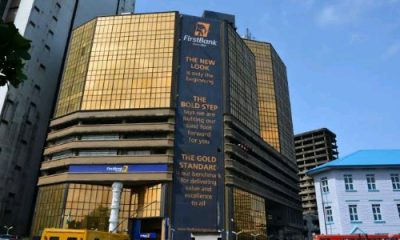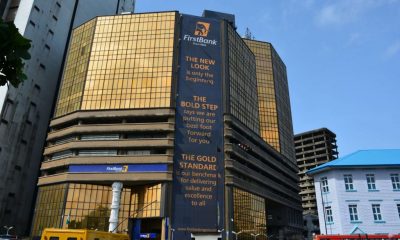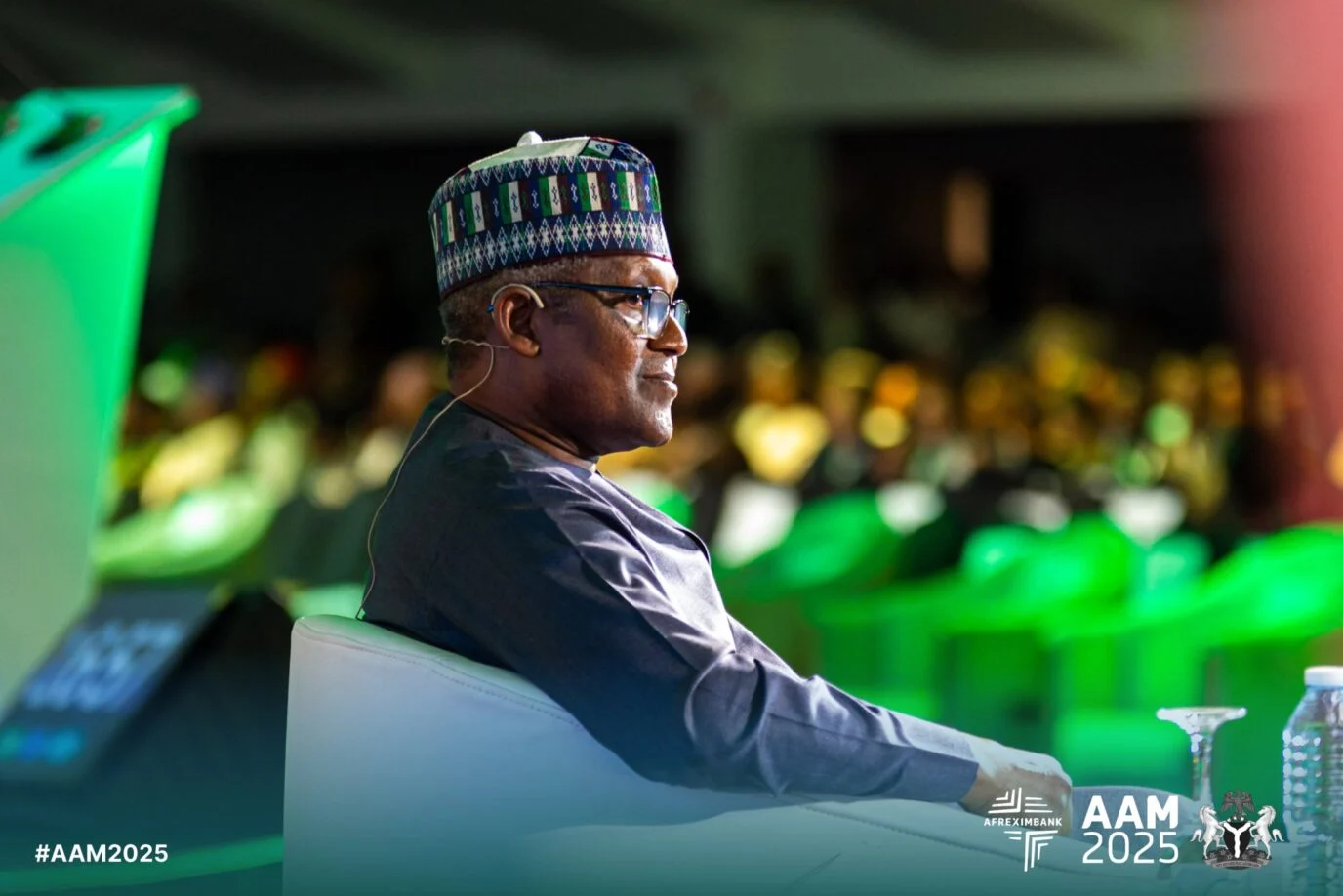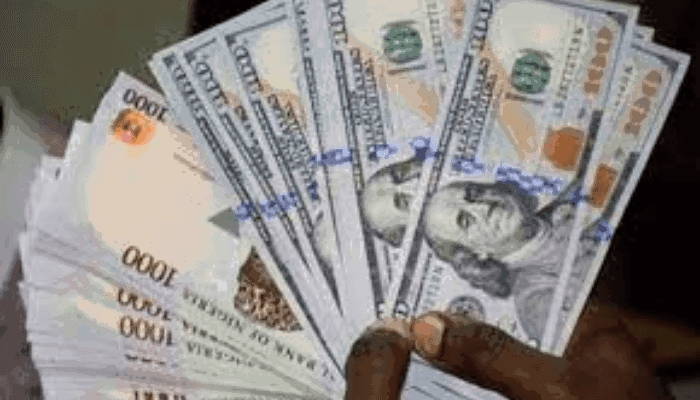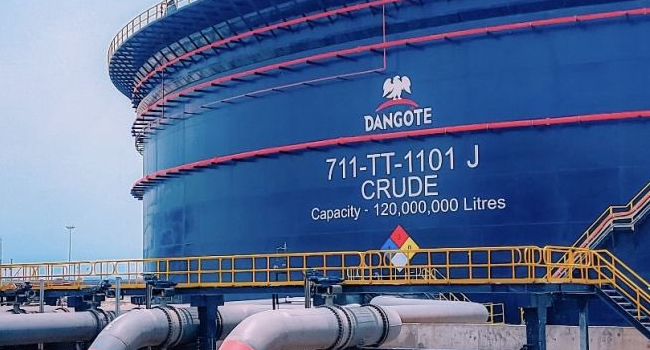The path to financial inclusion holds different marketplace barriers and opportunities in different countries, but the push continues because of proof that an increase in economic activities among the financially vulnerable can reawaken a comatose economy. For Nigeria, the last three years have seen significant growth of the financial inclusion rate from 56.8% in 2016 to 63.2% in 2018. FirstBank’s *894# USSD banking service is playing a key role in it.
FirstBank’s *894# USSD banking initiative is already averaging about 99 million transactions monthly, with a naira worth of (N’m) 370,543 on these transactions. This figure includes the undergraduate doing a mobile airtime recharge; the trader receiving a mobile payment from a customer; the IT person hurriedly buying a data bundle to keep business afloat; the anxious father paying his daughter’s hospital bills for treatment to commence, and the busy worker in Lagos transferring money to his parents in the village since he cannot get to a banking hall.
This is just a rough sampling of the financial transactions that amounted to over N3.6 trillion in transaction value on the *894# USSD banking service in 2020. There is practically no financial emergency that the USSD service does not come in.
The problems that the *894# USSD service from First Bank of Nigeria Limited is solving is the only justification for the rapid traction it has gained since it was introduced in 2015. It is easy to see Nigerians trust and confidence in the USSD system, with the Bank rapidly growing from 9.5 million customers on the USSD feature to 12.26 million customers within the last year. Over 1.02 million of the figure, are customers who registered in the first 6 months of 2021.
The first and perhaps the most attractive feature of USSD banking has got to be that it can be done from any kind of phone and without any form of internet connectivity. Although smartphones are getting more common, there is still a high poverty rate and many financially vulnerable people who cannot access internet banking. The internet penetration in Nigeria is still below the ideal, so users have to deal with poor internet connections in some areas.
That is why this kind of banking service that can be accessed without internet connectivity is ideal for the financial inclusion drive. The *894# USSD feature can be used across the four major GSM network operators in the country, meaning there is no added demand on the users.
Getting started on the service is as easy as dialing *894*0#, and creating a pin. With that done, you can do airtime and data purchase for yourself and other parties, transfer funds to other accounts, make a BVN inquiry, check your account balance, and get a mini statement.
For non-customers, this feature allows you to open a bank account in a couple of minutes without having to visit the banking hall. You can open a bank account, receive your account number immediately and start transactions on it right away. The claims of “instant banking, anytime, anywhere” can’t get more real than this.
There is even an added security step, requesting a second-factor authentication (2FA) for transfers above N20,000 as a way to secure customers from being ripped off their funds. There is a cumulative maximum daily transfer limit of N100,000 to both FirstBank and other banks accounts.
How does FirstBank USSD improve the lives of Nigerians?
For one, the data being generated through this service is sufficient to help the bank understand its current and prospective customers and develop products that suit them.
Traders and small businesses can also get a Merchant ID which customers can use to make payments for products and services. This of course is better than having to send one’s account details to countless customers, even without knowing whether or not they are ready to make their purchase.
To ensure customers can meet emergency needs before month-end, the Bank’s FirstAdvance service is at their fingertips. FirstAdvance is a digital lending solution designed to offer convenient and easy access to cash for payroll customers awaiting payment of their salaries.
Offered through the Bank’s USSD Banking service and leading banking app product, FirstMobile, customers are exposed to a range of loan offerings which put them at an edge in meeting immediate financial needs. To initiate the service through the USSD banking service, the customer is to dial – USSD CODE-*894*11# or *894#. The service is open to customers with a salary account domiciled with the Bank and has received salaries for the last 6 months at the least.
There are much more about FirstBank’s *894# USSD banking that puts customers at a distinct advantage in carrying out their daily personal, financial, and business activities; meeting unforeseen emergencies, and carrying out a wide range of transactions – with so much fun and convenience – irrespective of where they are in the country.
Culled from NairaMetrics

 BIG STORY5 days ago
BIG STORY5 days ago
 BIG STORY5 days ago
BIG STORY5 days ago
 BIG STORY2 days ago
BIG STORY2 days ago
 BIG STORY5 days ago
BIG STORY5 days ago
 BIG STORY18 hours ago
BIG STORY18 hours ago
 BIG STORY2 days ago
BIG STORY2 days ago
 BIG STORY4 days ago
BIG STORY4 days ago
 BIG STORY5 days ago
BIG STORY5 days ago







